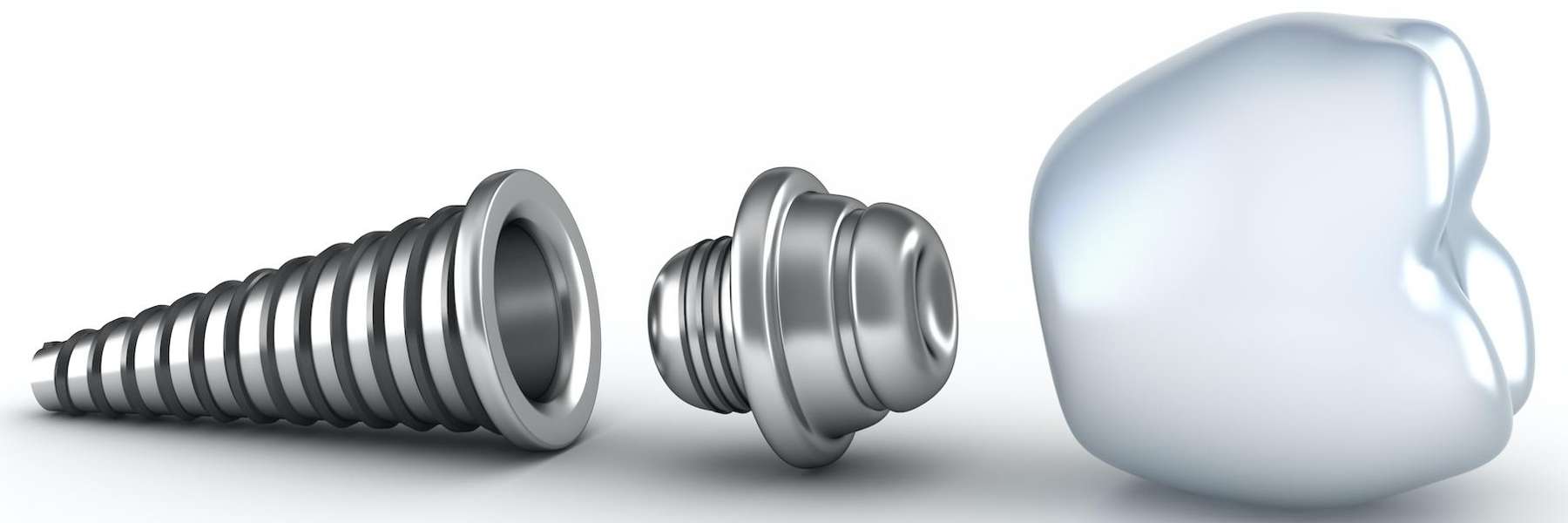
Missing teeth can make even the simplest activities—eating, speaking, and smiling—more challenging than they should be. If you’ve researched options, you’ve likely come across two popular options: dental implants and dentures. But how do you know which one is right for you? At Baller Dental & Ortho in Aurora, CO, we’re here to help you weigh your options!
Dental Implants: A Permanent Solution
Looking for a long-term fix? Dental implants in Aurora are surgically placed into your jawbone and support a crown, bridge, or even a full set of teeth.
Pros of Dental Implants
- Long-Lasting — With proper care, implants can last a lifetime, making them a great long-term investment.
- Natural Appearance & Function — Implants mimic real teeth in look and feel, allowing you to eat, speak, and smile with confidence.
- Prevents Bone Loss — Implants help maintain facial structure and prevent the bone deterioration common with missing teeth.
- No Slipping or Discomfort — Unlike dentures, implants stay securely in place—no adhesive needed!
Cons of Dental Implants
- Requires Surgery — The implant process involves multiple steps, including a surgical procedure and healing time.
- Higher Initial Cost — While implants are initially more expensive, their durability can make them more cost-effective in the long term.
- Healing Period — Implants take several months to fully integrate with the jawbone before the final restoration is placed.
Dentures: A Time-Tested Option
Dentures are removable appliances that replace missing teeth. They can be full (for an entire arch) or partial (for a few missing teeth).
Pros of Dentures
- Affordable Option — Dentures are typically less expensive upfront than implants, making them a budget-friendly choice.
- Non-Invasive — No surgery is required, so dentures are a good option for patients who aren’t dental implant candidates.
- Quick Solution — Unlike implants, we can make and fit dentures in a matter of weeks, not months.
Cons of Dentures
- May Shift or Slip — Dentures sit on top of the gums and can move when eating or speaking. Adhesives may be needed.
- Jawbone Changes Over Time — Without natural tooth roots, the jawbone can shrink, leading to changes in facial structure and the need for adjustments.
- Requires Maintenance — Dentures need to be removed for cleaning. Over time, they may need to be relined or replaced to maintain a good fit.
Which Tooth Replacement Is Right for You?
Choosing between dental implants and dentures depends on your budget, lifestyle, and oral health. If you want a permanent, worry-free solution, implants are worth considering. If you prefer a non-surgical, cost-effective option, dentures may be the way to go.
Still unsure? Schedule a consultation with Dr. Holly Baller at Baller Dental & Ortho—we’ll help you make the best choice for your smile!
